6 Reasons Why CBD Might Not Have Worked For You PT. 1
- by David Anthony Schroeder
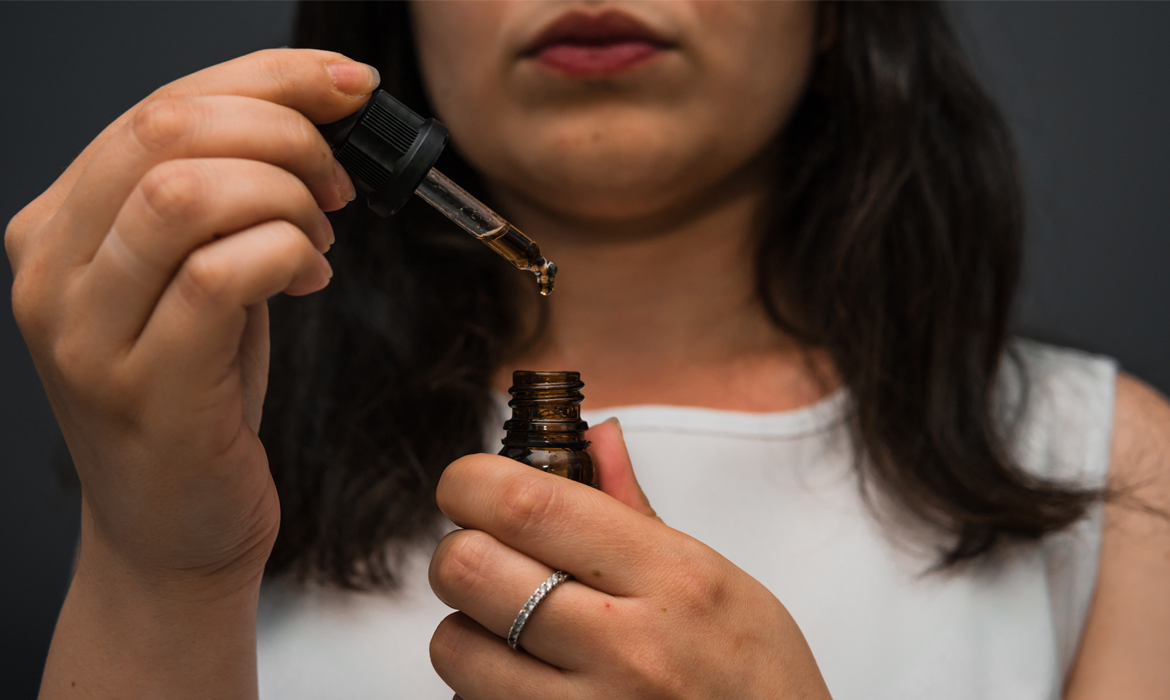
One of the unfortunate things about life is physical pain. Last September, the CDC (Center for Disease Control) released a report estimating that 50 million Americans suffer from chronic pain, and 20 million Americans suffer from high-impact chronic pain, meaning it impacts their life in such a way that it limits their life and work activities. That is an astronomical amount of people living with pain.
Nearly every day in my conversations with people, I hear someone say, "I tried CBD, and it didn't work. That was just a waste of money." Of course, the first question out of my mouth every time is how much for how long? In return, I get the "deer in the headlights" look, followed by a, "ahh, I don't know." And therein lies the problem. Consumers don't have an educated understanding of how to properly use CBD and thus have no success using it.
There are six common reasons why CBD might not work for an individual.
#1: Poor quality CBD oil or product. It's getting to be a pretty common theme in the news today regarding the amount of bad CBD products being discovered in the marketplace.
The Journal of the American Medical Association (JAMA) published a study, "Labeling Accuracy of Cannabidiol Extracts Sold Online."
"Eighty-four products were purchased and analyzed (from 31 companies). The median labeled concentration was 15.00 mg/mL. (one-milliliter dropper) With respect to CBD, 42.85% of products were under labeled, 26.19% were over labeled, and 30.95% were accurately labeled." That's a 70% potency deviation.
Nearly half of the CBD product tested contained less than the stated amount. Dr. Tod Cooperman, the founder of Consumerlab, a third party nutritional food, and supplement testing facility, in his research, found that some CBD manufacturers were selling oil products that contained as little as 1.3mg per serving when the labeled amount was much higher.
The next 25% of the tested batch contained more than the stated labeled amount. If you are tracking your intake and activities or you're attempting to maintain or find your correct dosage, you could be taking considerably more than you know.
A worst-case scenario: your next bottle of CBD contains much less than the first, and you don't get the same level of relief. Or, you feel noticeably different in your body, for the better or, the worse.
Clinical psychologist Michael E. Schatman, PhD, has spent the past 32 years working in multidisciplinary chronic pain management. In his research, he found that "at present, CBD products are not produced under the guidance of good manufacturing practices (GMP) and are not subject to regulations governing labeling, purity, and reliability. In other words, currently, there is no guarantee of consistency between products, or even differing lots produced by the same manufacturer."
Lastly, the remaining 31% of the tested products were accurately labeled. They contained exactly what was on the label. So let's put this into perspective; 100 products sitting on a shelf, 31 of them contain what's labeled in the container, the rest, a crapshoot. Which ones do you want?
#2: Not taking enough: Here is where the waters get murky. There are no FDA guidelines for taking CBD. Medical studies involving the use of CBD use as much as 500mg or more on patients at one time. These studies also use a different grade of CBD. It's a medical-grade, which is manufactured under higher and stricter standards.
When leading a horse or horses to water, horse one may need one gallon of water to satisfy his thirst, while the horse next to him may need two. The same goes for human needs. One person may need to consume 50mg a day to cope with their physical pain, while another may only need 20mg. Each individual has to experiment and find his/her correct dosage.
My prediction is that the FDA is going to have a hard time nailing down a standard "recommended daily allowance" of CBD for the average American consumer. CBD, like any other pharmaceutical drug, is not a "one size fits all."
#3: Not giving it time to work. When we start something, we always want the results right now. But life doesn't work that way. Like most other drugs and alternative therapies, CBD needs time to build up in your system.
"The most effective neuropathic pain relief occurs after one week of daily CBD treatment," says senior author Gabriella Gobbi, MD, PhD, professor of psychiatry, Neurobiological Psychiatry Unit, McGill University, Montreal, Canada.
If a person is serious about using cannabinoids (CBD) to reduce inflammation, then it needs to be incorporated into their daily routine, and if it's chronic, then quite possibly for the rest of their life.
In the next post, I'll cover the other three reasons why CBD may not have worked for you. Until then, stay well my friend.
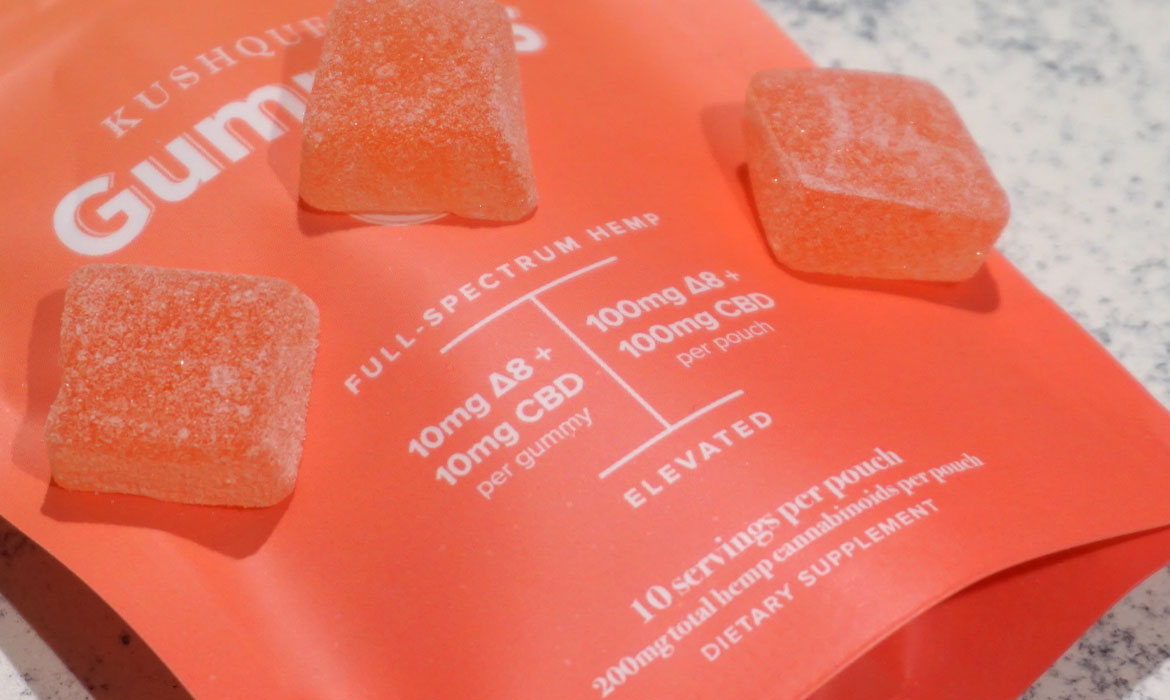
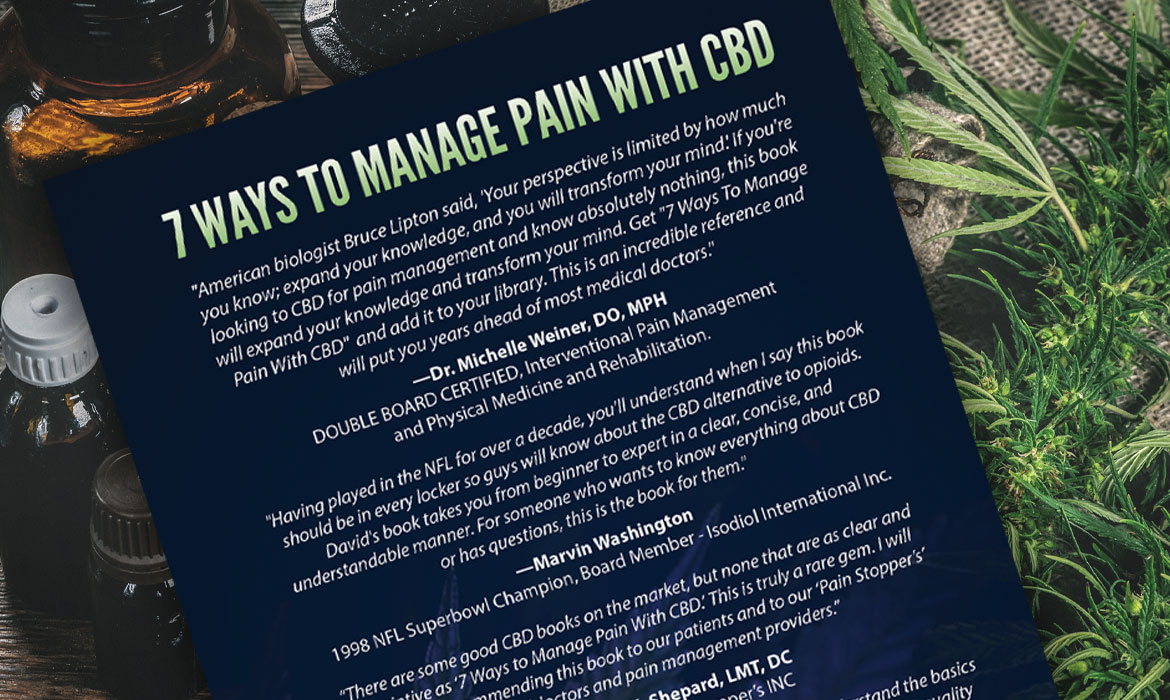
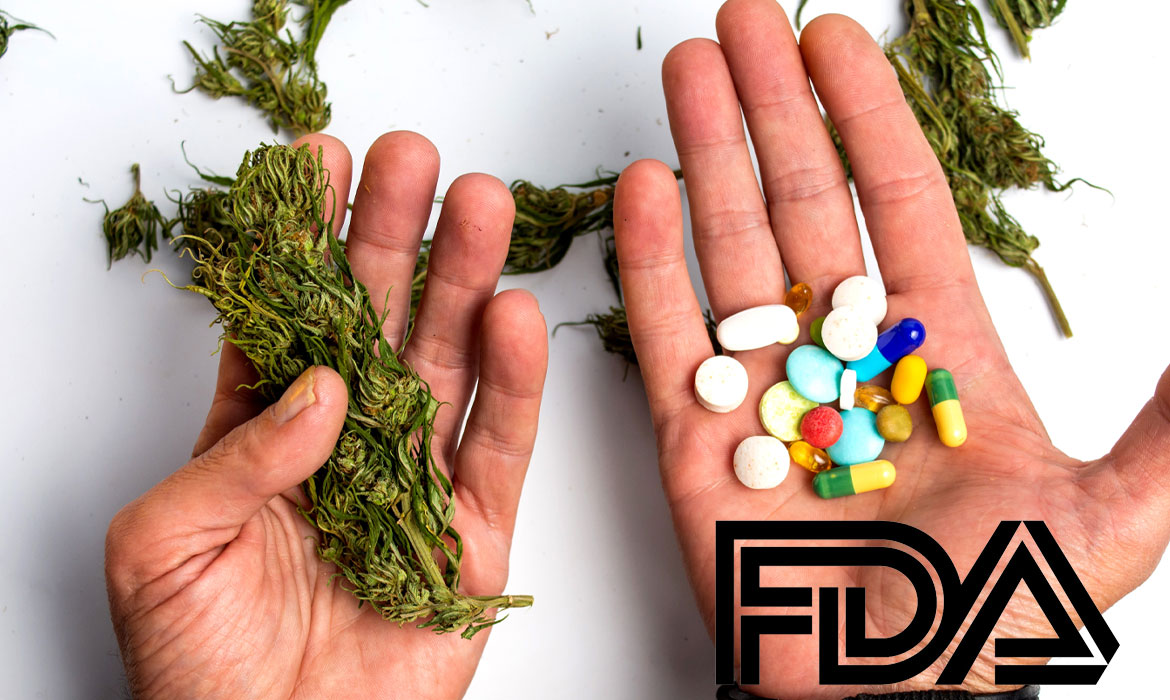

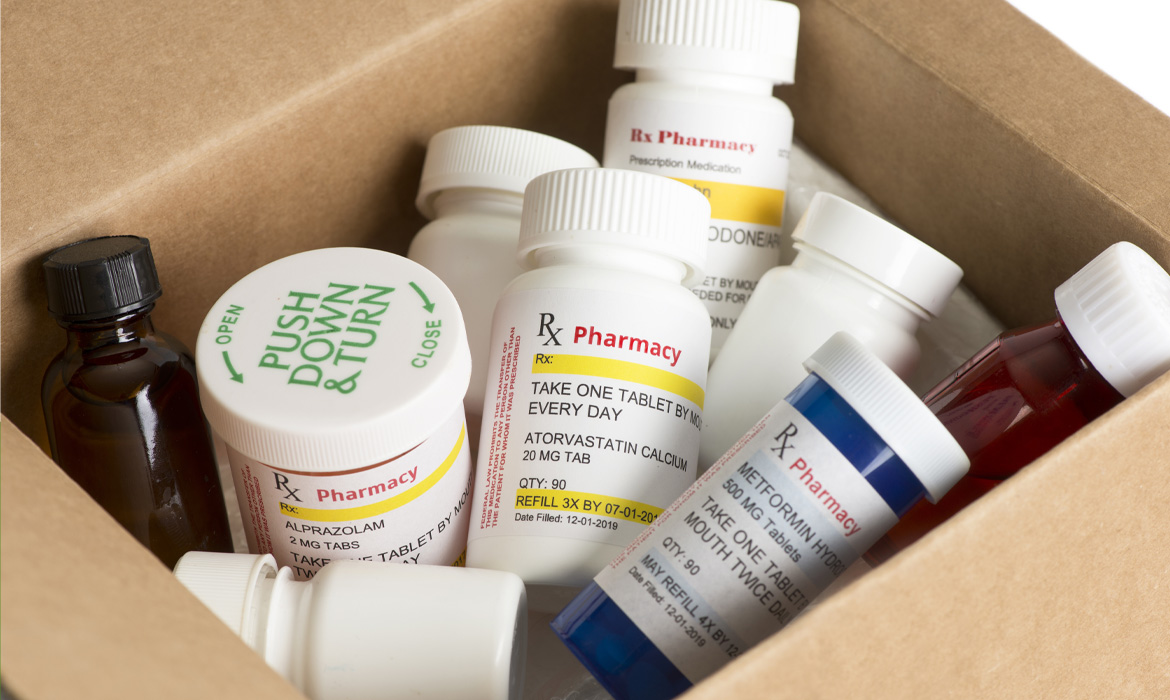
Leave your comments